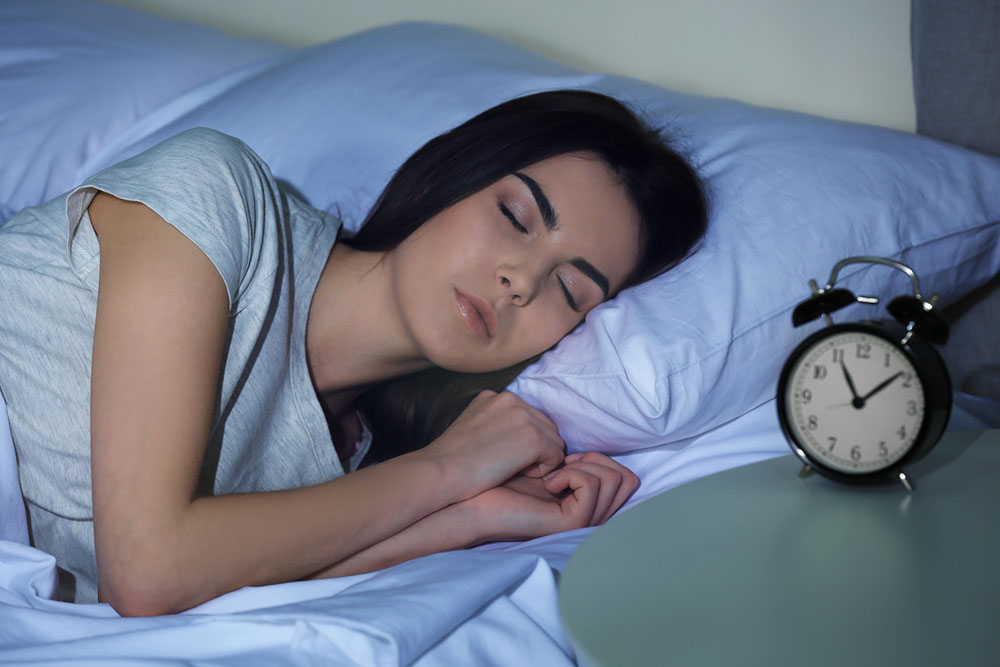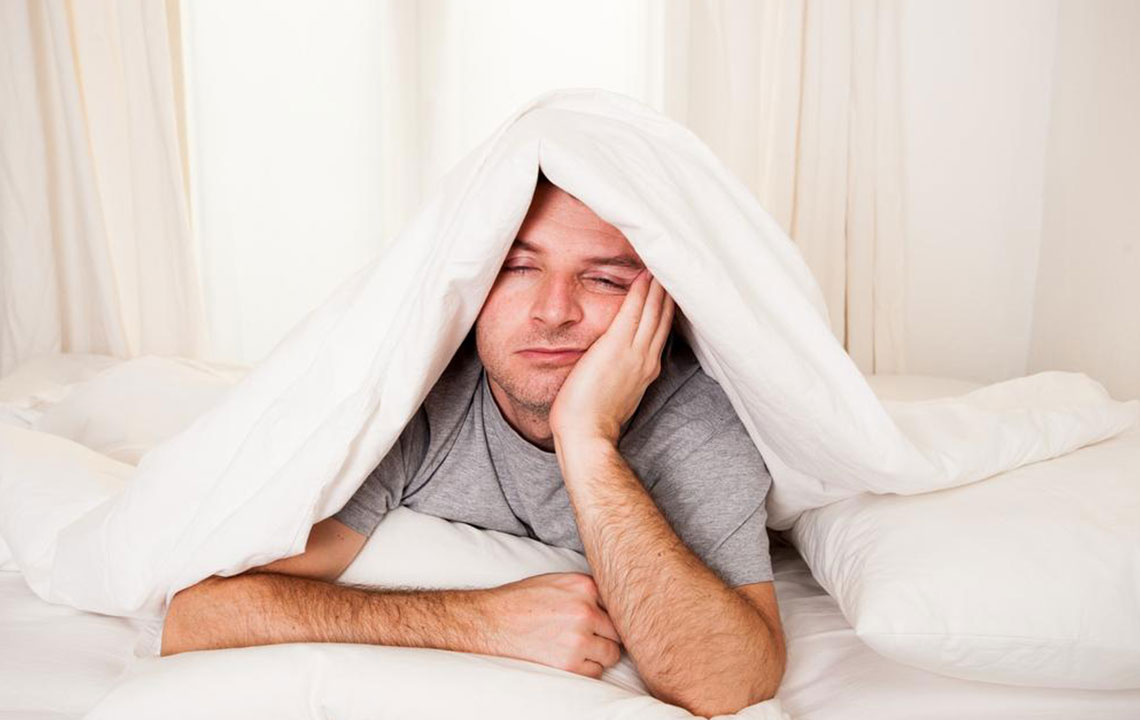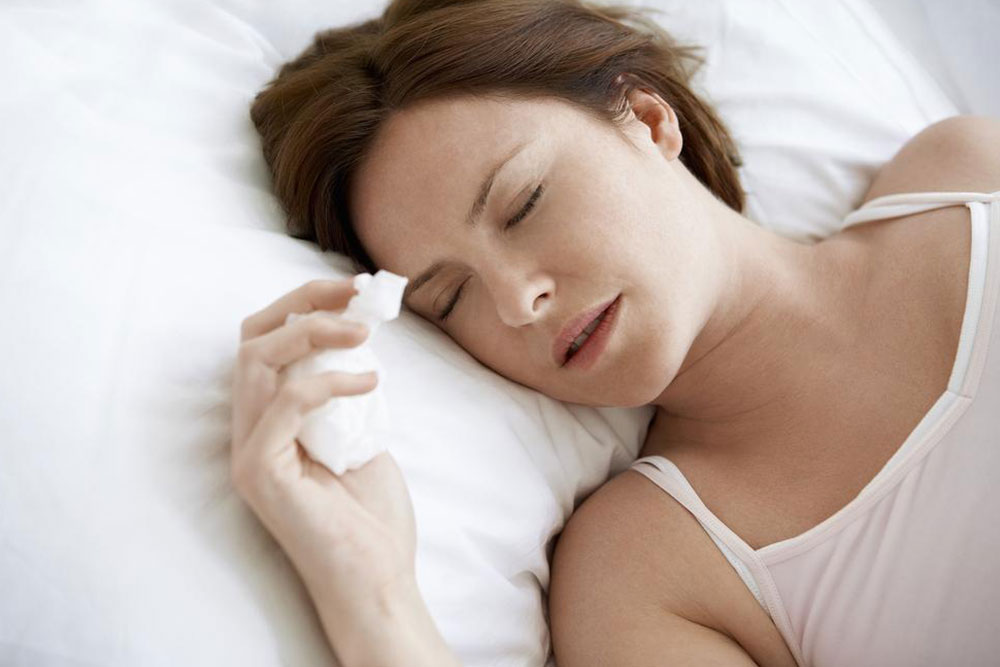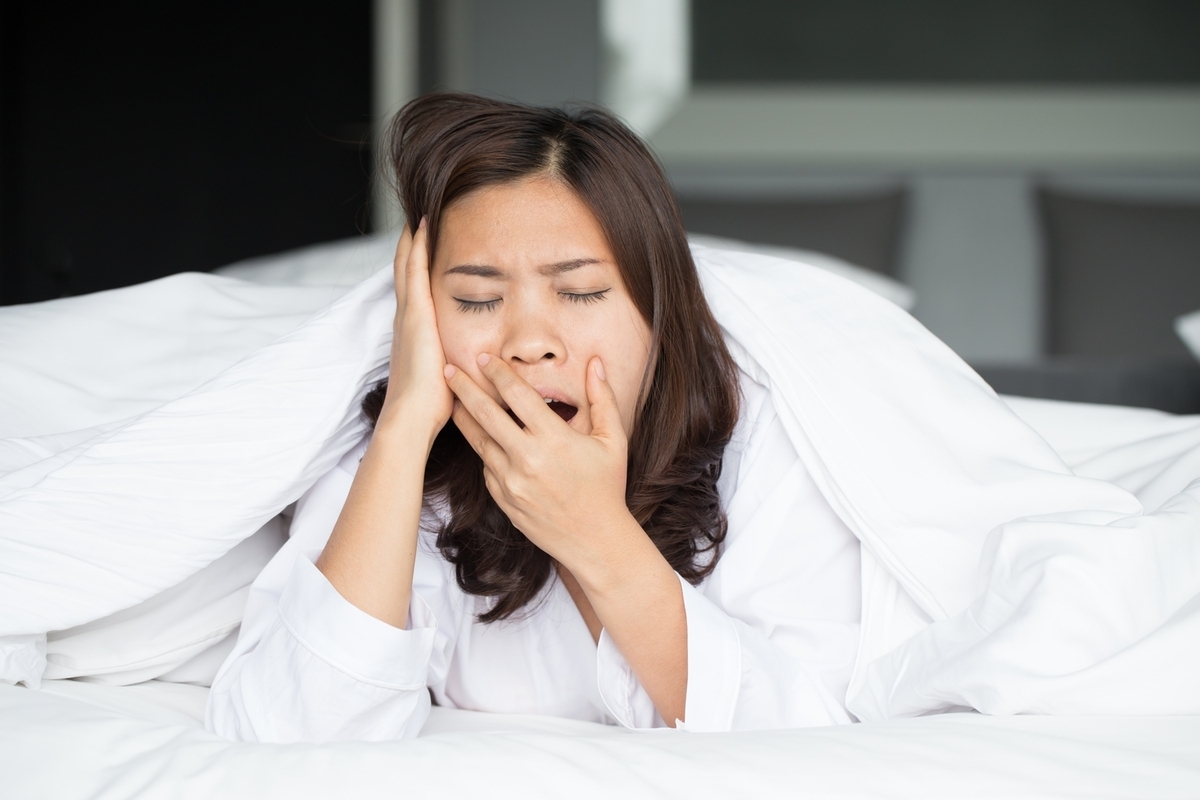Natural Solutions for Better Sleep: A Comprehensive Guide
Discover effective natural methods to improve sleep quality with remedies like melatonin, valerian, magnesium, and herbal teas. This guide offers insights into safe, natural options for restful nights, highlighting their benefits and precautions for better health and well-being.
Sponsored

Millions worldwide suffer from sleep issues, with studies from Johns Hopkins University indicating over 60 million people lack sufficient rest and more than 40 million experience sleep disturbances. Quality sleep is essential for overall health, affecting mood, concentration, and physical well-being. Natural sleep aids offer a safe and effective way to enhance sleep, supporting the body's natural rhythms. From hormonal regulation to herbal remedies, this guide explores the most effective natural options like melatonin, valerian, magnesium, and herbal teas that can promote restful sleep and improve daily life.
Why Quality Sleep Matters
Adults generally need about seven to nine hours of sleep per night, though individual needs vary. Our internal circadian clock guides sleep-wake cycles, and disruptions here can result in sleep deprivation. Poor sleep can lead to emotional instability, weakened immunity, and serious health conditions such as heart disease and diabetes. Incorporating natural sleep aids can help restore healthy sleep patterns and boost overall wellness.
Top Natural Sleep Aids
Melatonin
This hormone, naturally produced by the brain, helps regulate sleep-wake cycles. Supplementation has been shown to improve sleep duration and quality, especially during jet lag. However, consulting a healthcare provider before use is recommended, as regulation varies.
Valerian Root
Derived from herbs, valerian is widely used to combat insomnia and reduce anxiety. Unlike some pharmaceutical sleep aids, it tends not to cause morning grogginess. Though evidence varies, consistent use over weeks may improve sleep, but it should be avoided with alcohol or sedatives due to potential side effects like headaches or cognitive issues.
Magnesium
This essential mineral helps calm the nervous system and regulate sleep cycles by influencing melatonin production. Adequate magnesium intake can promote relaxation and easier sleep onset.
Glycine
An amino acid involved in nervous system regulation, glycine helps lower body temperature to signal sleep readiness. Supplementing with glycine may facilitate quicker sleep and better sleep quality. Foods rich in glycine include meats, eggs, bone broth, beans, spinach, and kale.
Tryptophan
An amino acid critical for serotonin production, tryptophan aids sleep, mood, and memory. Consuming warm milk before bed can provide a soothing effect, although caution is advised as some supplements have had adverse effects in the past. Further research continues regarding its safety.
Herbal Remedies for Sleep
Natural herbs like chamomile, lavender, and kava have been used for centuries to promote relaxation and sleep. Chamomile tea and lavender aromatherapy are popular options, though scientific evidence varies. Kava was traditionally used for stress relief but has been linked to serious liver issues, making it unsafe in some regions.






